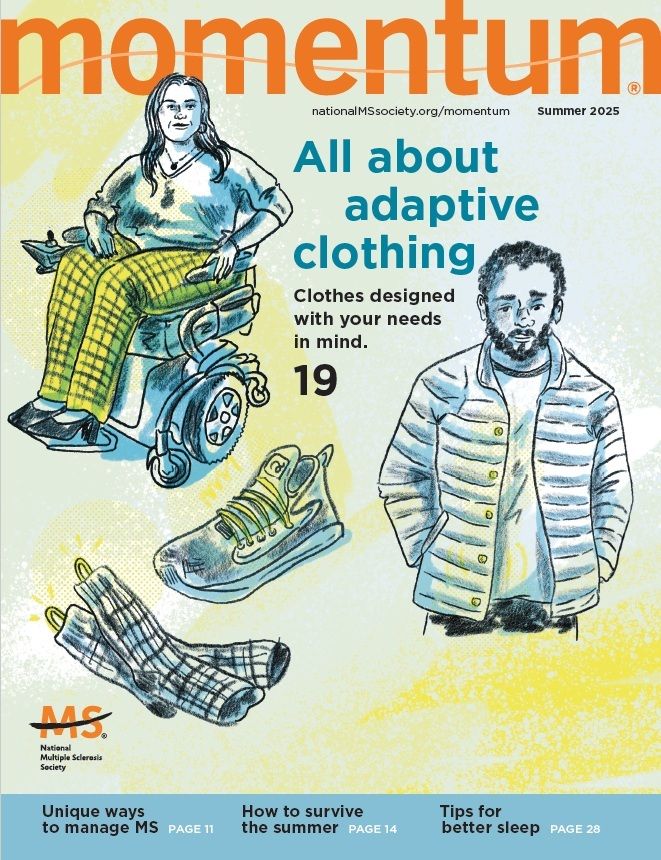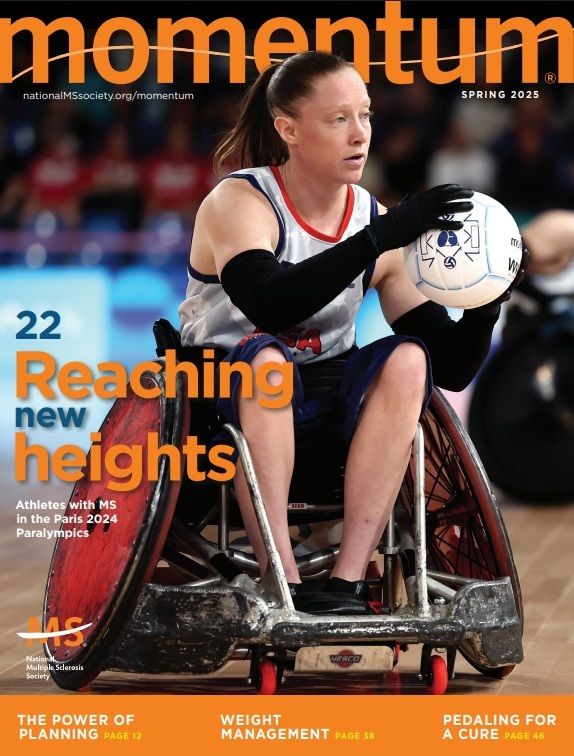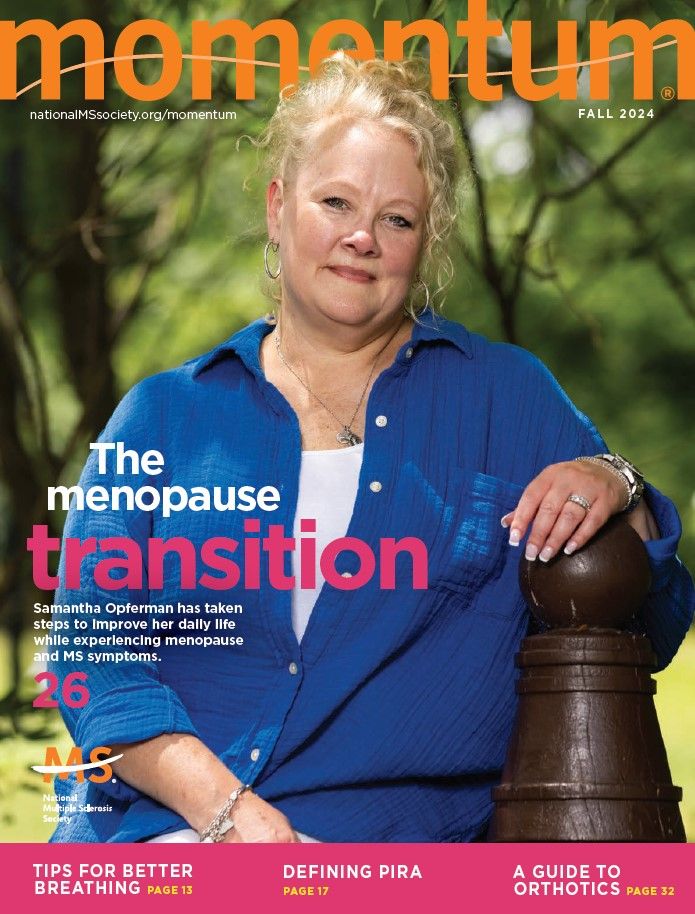Sleep disorders are complex to treat because they can have physical, mental and emotional causes. Medications may be able to address some of these issues but not all. That’s one reason the MS community is increasingly turning to cognitive behavioral therapy for insomnia (CBT-I).CBT-I works to address the negative behaviors, thoughts and beliefs that keep you tossing and turning at night. “It has been shown to be more effective and durable compared to sleep medications in the general population, and recent evidence suggests it’s also helpful for people with MS,” Braley says.One of the leaders in research on CBT-I and MS is Katie Siengsukon, PhD, director of the Sleep, Health & Wellness Lab at the University of Kansas Medical Center.Siengsukon and her team’s seminal study on CBT-I, which was funded by a pilot grant from the Society and published in 2020 in the journal Multiple Sclerosis and Related Disorders, found that just six weeks of behavioral therapy resulted in a “large magnitude” of improvement in insomnia severity, sleep quality, sleep self-efficacy (confidence that you’re capable of changing your sleep patterns), fatigue, depression and anxiety in people with relapsing-remitting and secondary progressive MS.The CBT-I program used in the study consisted of one 45-60 minute in-person, one-on-one session per week for 6 weeks with a trained CBT-I interventionist. The program included keeping a weekly sleep log to see if a change in bedtime was needed, learning good sleep habits, discussing what to do if you wake during the night, limiting daytime napping, practicing deep breathing and mindfulness meditation, learning how to progressively relax muscles at bedtime and developing solutions for negative sleep beliefs.Siengsukon says one of the issues is there aren’t enough trained CBT-I practitioners, and it can be difficult for some people with MS to attend in-person sessions. Her follow-up studies examined a 6-week CBT-I telehealth program and an online program called Go! to Sleep, developed by the Cleveland Clinic.Results from her 2021 study published in the International Journal of MS Care showed that people who followed the online program had significantly improved insomnia severity, sleep quality, fatigue, sleep self-efficacy, depression and anxiety.Siengsukon’s 2022 study, published in Multiple Sclerosis International, showed that both a telehealth and in-person CBT-I program resulted in improved insomnia severity, sleep quality, sleep self-efficacy, fatigue, depression and quality of life.“These studies show that web-based and tele-CBT-I can be effective and can expand CBT-I’s reach for many people with MS,” she says.Siengsukon is working on a Society-funded study on whether CBT-I via video conferencing can improve insomnia symptoms, fatigue and quality of life in people with MS.











